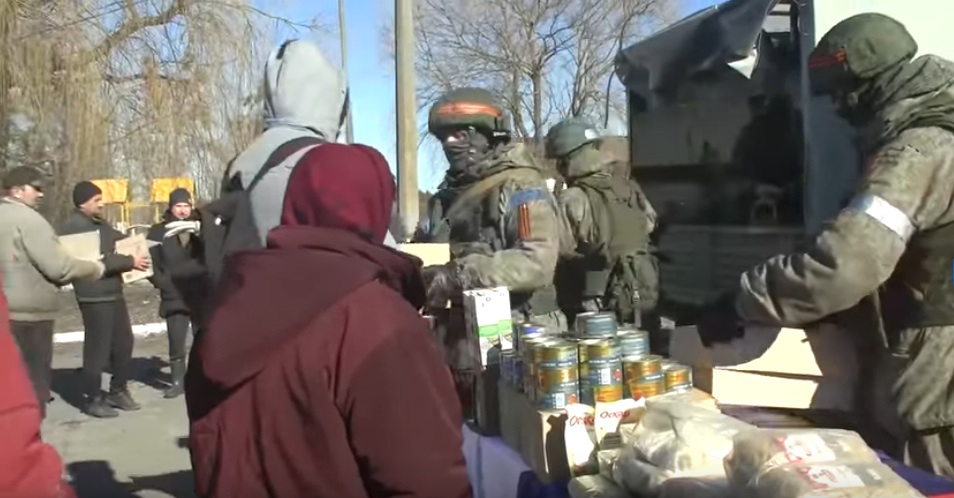
RUSSIA Today (RT) managing director, Alexey Nikolov, was sanctioned yesterday by the UK government. Sanctions have also been imposed on RT’s parent company, TV-Novosti.
The Foreign Office said it would effectively mean RT could not return to UK screens after losing its licence.
Earlier in March, UK media regulator Ofcom revoked the channel’s permission to broadcast, after deciding TV-Novosti was not ‘fit and proper’ to hold a licence.
Yesterday, Tory Culture Secretary Nadine Dorries said: ‘These sanctions will target those who are complicit in covering up the Russian state’s actions.
‘We will not hesitate to act further against individuals and organisations attempting to deceive people about this misguided war.’
The 14 people and institutions on the latest sanctions list also include:
- State-owned media group Rossiya Segodnya, which operates the news agency Sputnik.
- Sputnik editor-in-chief Anton Anisimov.
- Aleksandr Zharov, chief executive of Gazprom-Media, which owns TV channel NTV.
- Russia’s National Defence Control Centre head Col-Gen Mikhail Mizintsev.
Together, the US, EU and UK have already sanctioned more than 1,000 Russian individuals and businesses.
The UK’s sanctions mean they cannot:
- Access assets or funds held in the UK.
- Do business with UK citizens or companies.
- Travel to or from the UK.
Meanwhile, Russian President Vladimir Putin has threatened to cut off gas supplies to ‘unfriendly countries’ who refuse to pay in roubles.
He has greenlighted rouble gas payments for buyers from countries which placed sanctions on Russia in connection with Ukraine.
Putin signed a decree yesterday demanding that these buyers open accounts in Russian banks to facilitate the payments.
The measure takes effect as of today April 1st.
‘If unfriendly countries do not pay in roubles starting from April 1st, we will consider this a default on gas contracts, in which case the existing contracts will be scrapped,’ the president said.
The ‘unfriendly’ states Putin referred to are the US, UK, Canada, Australia, Japan, Taiwan, South Korea, Switzerland, the 27 nations of the European Union, and a number of smaller countries.
The move to switch to Russia’s national currency in gas payments was announced earlier this month in response to the unprecedented sanctions against the country, including the seizure of nearly half of the nation’s foreign reserves held abroad.
The announcement instantly sent the rouble surging from historic lows against the US dollar and the euro, with the Russian currency recovering nearly all its losses since the crisis in Ukraine began over a month ago.